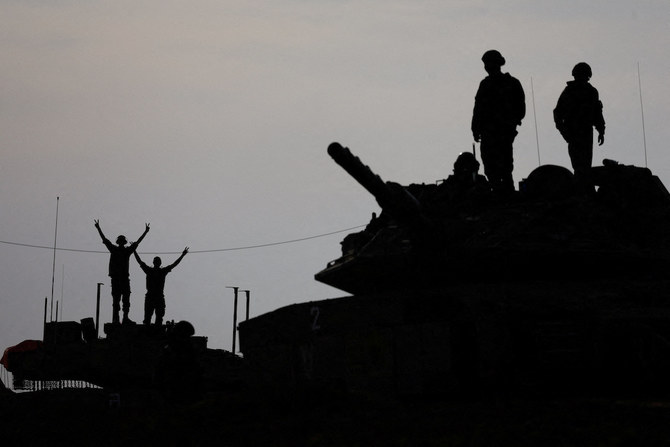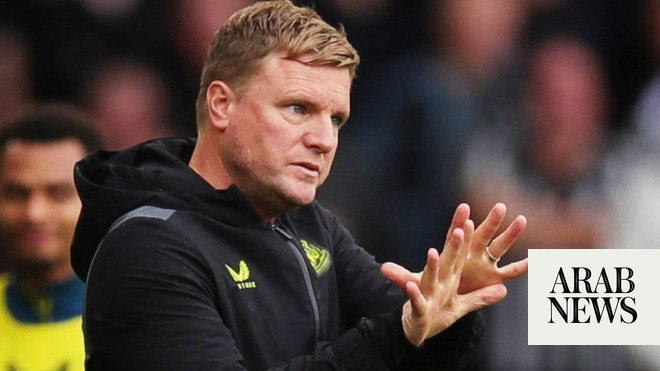
With the reimposition of US sanctions, Iran’s economy is once again in freefall, particularly as a cluster of European companies that entered Iranian markets after the 2015 nuclear deal flee this uncertain climate. The riyal’s plunge has caused the nominal cost of certain imports like cars to double in just 12 months. However, it remains to be seen whether the economic pain borne by Iranian consumers translates into genuine political pressure upon the regime; particularly in the face of contradictory policies by global powers.
Pressure upon Iran proved effective when the international community was united. Prior to Barack Obama, even Russia and China reluctantly approved UN Security Council sanctions against Iran — an inconceivable scenario today. American and European politicians previously took pains to speak with one voice toward Iran. However, with Donald Trump and John Bolton jettisoning multilateral diplomacy altogether, the Europeans are today tying themselves up in strategic knots. German Chancellor Angela Merkel last week called for urgent solutions to Iran’s “aggressive tendencies” in the region. Yet EU leaders are trying to pull off the impossible feat of simultaneously offering protection from US sanctions for European businesses (which nevertheless appear resolved on departing the Iranian marketplace), while futilely attempting to keep both Trump and Hassan Rouhani interested in a possible successor deal. The absence of international consensus means that the departure of the European companies simply heralds an influx of inferior Chinese goods into Iranian bazaars, making it unlikely that America can impose the stranglehold it desires.
The recent airstrike (thought to have been Israeli) that killed 22 Al-Hashd Al-Shaabi militants fighting inside Syria against the express orders of Iraq’s prime minister highlights the destabilizing impact of transnational proxy militias; undermining the sovereignty of regional states and consolidating an Iranian zone of control spanning the entire Middle East. Is Trump serious about containing Iran? Instead of nurturing an anti-sectarian coalition in Baghdad, American Ambassador Douglas Silliman has been attending Al-Hashd iftar events, rubbing shoulders with Nouri Al-Maliki, and letting it be known that he views the Iran-backed Badr Brigades as a “good” militia. Badr leader Hadi Al-Amiri was even criticized by paramilitary colleagues for becoming too friendly with Silliman.
Although the US singled out Al-Hashd forces, Asa’ib Ahl Al-Haq and Harakat Hezbollah Al-Nujaba for sanctions, their agenda differs little from Badr, the dominant Al-Hashd force. I’m sick of being told by Western officials that Al-Amiri is an Iraqi nationalist, just because he spent the last six months telling interlocutors what they want to hear. This man spent much of his life in Iran waging an insurgency on behalf of a foreign government against his own country, while being deeply complicit in the post-2005 sectarian bloodshed.
It"s time the West came up with an aggressive and all-encompassing strategy that puts the ayatollahs of Iran firmly back in their box.
Baria Alamuddin
Instead of regarding Al-Hashd Al-Shaabi as an existential threat to Iraq’s future as a unified and democratic state, Western nations fatalistically view such proxies as permanent elements of the regional environment, to be appeased and bargained with. This defeatist attitude was expressed in a new British Foreign Office research paper on “Elite Bargains and Political Deals,” which concluded that it is necessary to “engage effectively with underlying configurations of power and processes of elite bargaining in conflict-affected states.” Yet in states like Yemen and Syria, dominated by alien proxies, this is a green light for Iran to pursue its subversion and destabilization.
In Syria after 2011, the West cheered on the rebels from the sidelines, and was consequently left out while Iran, Hezbollah and Russia waded in to the carnage. Diplomats complacently informed us that intervention was unnecessary because “Assad will be gone in six months.” The same head-in-the-sand policy of denial is manifested today in a reluctance to acknowledge the consequences of Iran’s untrammeled regional dominance. Instead of an unambiguous commitment to block further Iranian expansion across Syria, Trump repeatedly expresses his desire to absolve himself of military responsibilities there altogether, presumably defeating Iran through the power of bluster and hyperbole alone.
The battle for Hodeidah may become one of the most traumatic phases of the Yemen war, and coalition forces should facilitate humanitarian access and minimalize civilian impact. Yet this operation could be decisive in cutting Houthi terrorists off from an unceasing flood of Iranian weapons that have devastated this tragic nation, while allowing Iranian missiles to directly menace Saudi Arabia. Western states should demonstrate support for such necessary operations.
The US’ withdrawal from the UN Human Rights Council and UNESCO highlights the glaring shortcomings of this administration’s approach: Theatrical but vacuous gestures that appeal to a far-right fringe are no substitute for intelligible policies. Disengagement from the global human rights infrastructure due to intolerance of criticism toward Israel prevents America taking the moral high ground elsewhere. The gutting of the US State Department furthermore begs the question of whether America retains the expertise, capacity and vision to properly contain Iran.
The blunt instrument of sanctions, bereft of a holistic and vigorous containment strategy, empowers Iran’s hardliners vis-a-vis the reformists, while enriching the Islamic Revolutionary Guard Corps, whose smuggling, crime and money-laundering networks profit from sanctions-evading activities — all of which may make Iranian expansionism yet more aggressive.
Schizophrenic and polarized Western policies toward Iran represent the worst of all possible worlds: US sanctions impose pain on ordinary Iranians, but will only force the regime to change course when imposed by a united international community. Conversely, the EU’s aspiration to sell an expanded deal to Iran can only happen with unambiguous American support.
Instead of trying to undermine each other, both these approaches are required within an aggressive and comprehensive program of regional containment. Enough of grandstanding and denial; let’s see global leaders showing real leadership with an aggressive and all-encompassing strategy that puts the ayatollahs of Tehran firmly back in their box.
• Baria Alamuddin is an award-winning journalist and broadcaster in the Middle East and the UK. She is editor of the Media Services Syndicate and has interviewed numerous heads of state.
Disclaimer: Views expressed by writers in this section are their own and do not necessarily reflect Arab News" point-of-view












